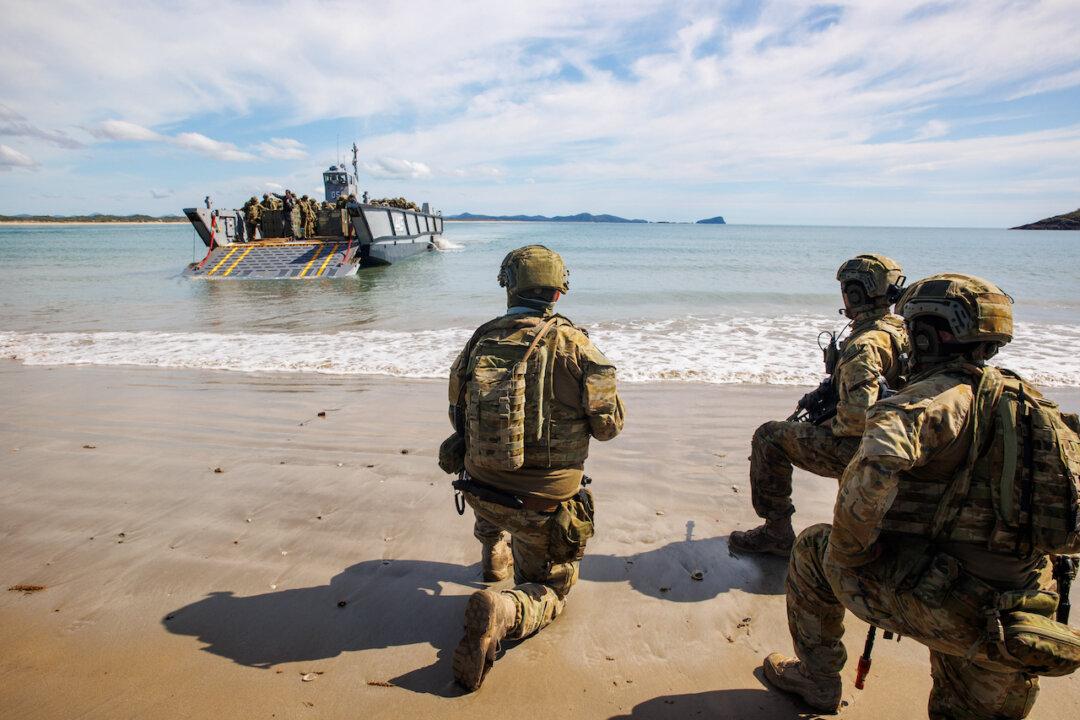The Australian Army will relocate hundreds of infantry troops, tanks, and weaponry to the city of Townsville in northeast Queensland as it prepares to counter a possible future conflict in the Indo-Pacific.
The move follows a Defence Strategic Review in April, which found that the country’s defence force was no longer “fit for purpose” and required restructuring to meet the challenges of maintaining the balance of power in the Indo-Pacific.





